Successful DEI work requires participation from everyone
Midway staff
Students should participate in DEI assemblies to make them more successful, writes city life editor An Ngo.
June 1, 2021
Again and again, student DEI groups spend hours working, discussing and preparing for workshops and events, hoping that other students will engage with them. More times than not, few students actually show up. The students who do decide to come are also often the same ones who have shown up before and can be expected to show up again.
While DEI work has been disproportionately burdened on marginalized students, this work should be taken on by the entire community, especially those within it who benefit most from the status quo.
Every day, marginalized students have to face the exact microaggressions and lack of understanding in the community that they’re trying to combat. Not only that, they are burdened with educating their peers since so few people who aren’t directly affected by these issues are willing to do so. This is why it’s especially frustrating that so many students don’t show up, leaving a small fraction of the student body to labor in making the school a more equitable place for all students.
This issue isn’t found in just DEI peer facilitator-led or social justice workshops. The lack of participation in our cultural and affinity groups is equally disheartening. It can feel daunting to enter a club or group with which one does not identify when those groups encourage other students to show up and support them, yet we must all do so to make their work sustainable and impactful. Knowing how to navigate these spaces when you feel like an outsider isn’t always easy, but our community norms, such as “take risks, be raggedy, it’s OK to make mistakes — then let it go,” are a great starting point.
The lack of participation isn’t only frustrating for student organizers, but it makes their efforts nearly futile. The workshops and events are for the most part designed for students who aren’t familiar with DEI issues. When these messages reach only a fraction of the student body, discourse is limited, and without the entire community’s engagement, we can’t accomplish broad change to make U-High an equitable environment.
Despite meager attendance at DEI-related workshops and events, the majority of the student body wants to see a change in the school. Discussion is only a start to making sure everyone can feel safe and supported at U-High, so all of us who are able must show up and do the work, whether that’s organizing, leading or even just being vulnerable and honest in our discourse.



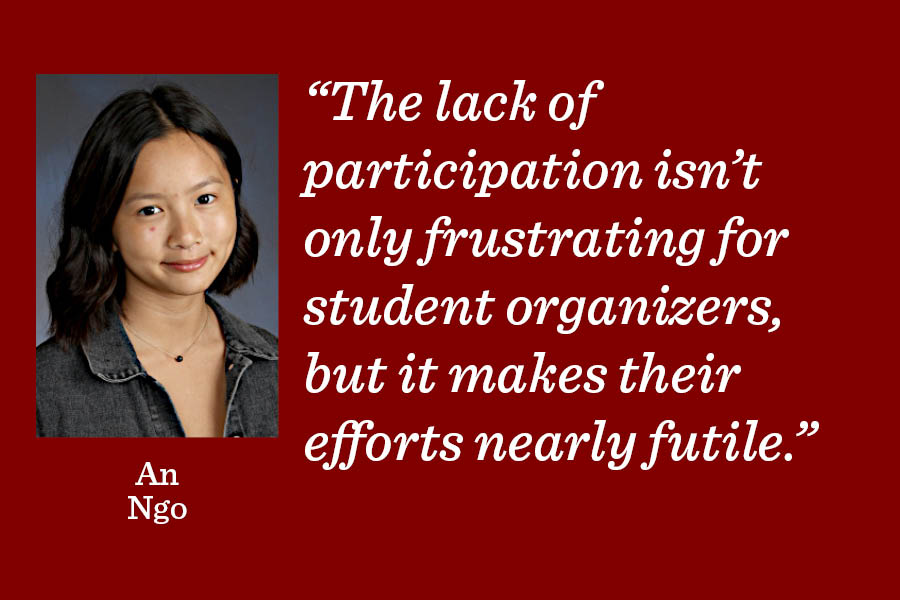



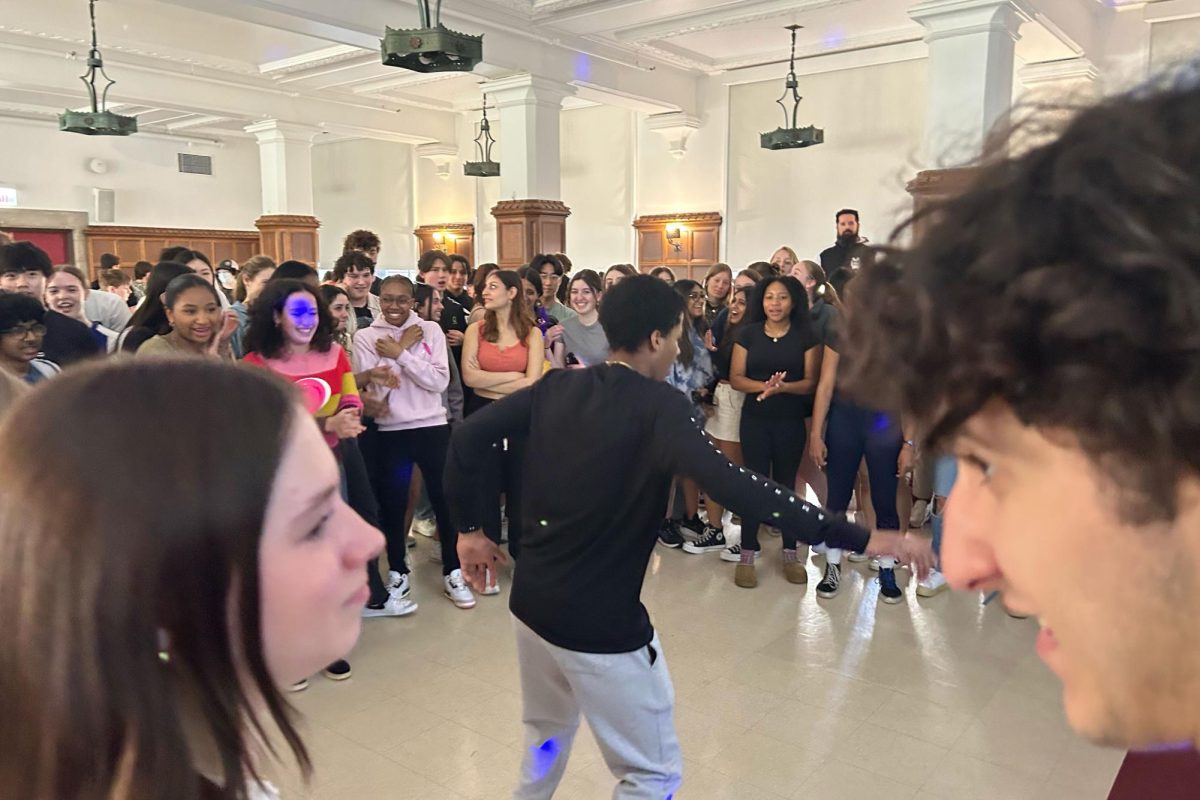
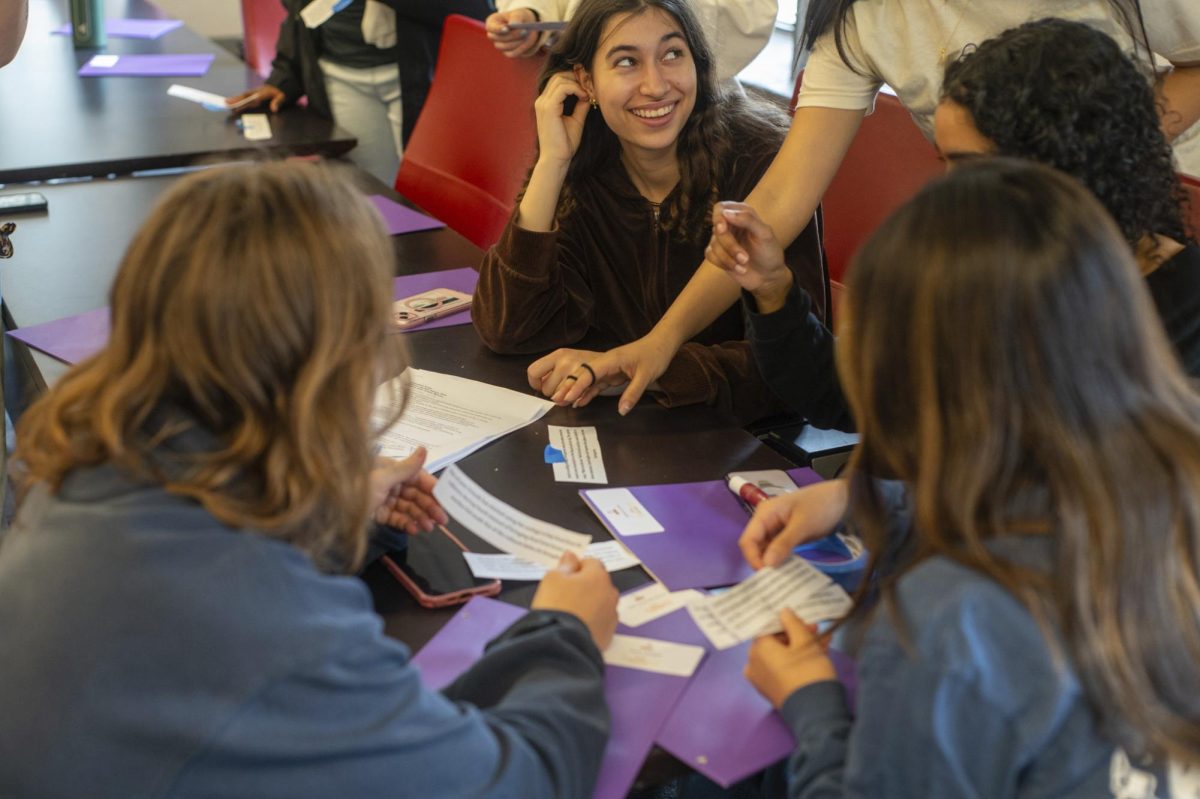

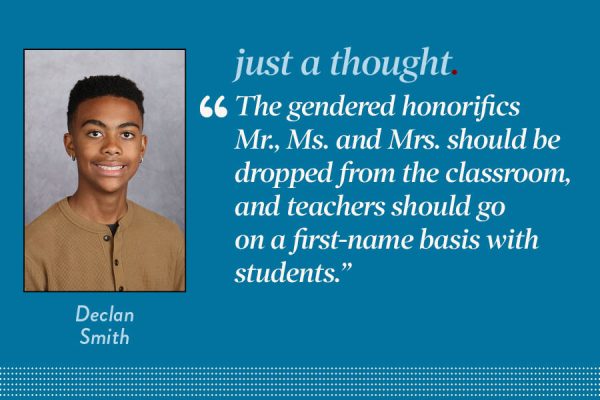

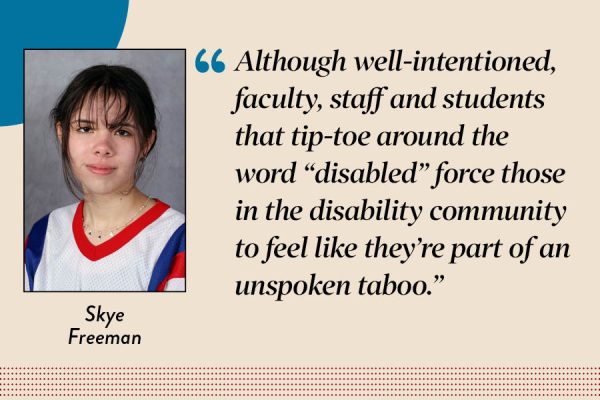

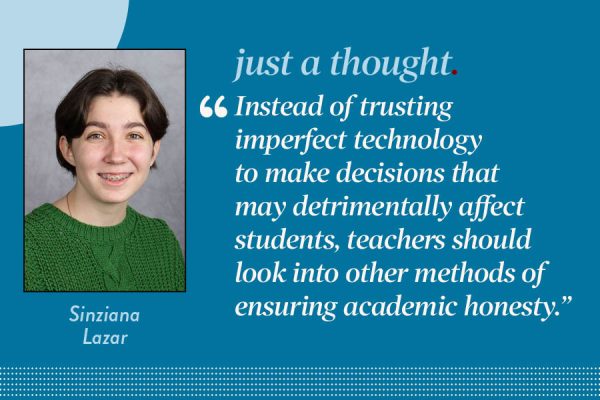

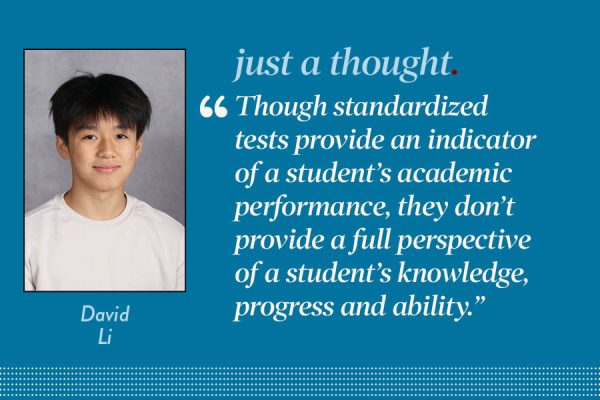
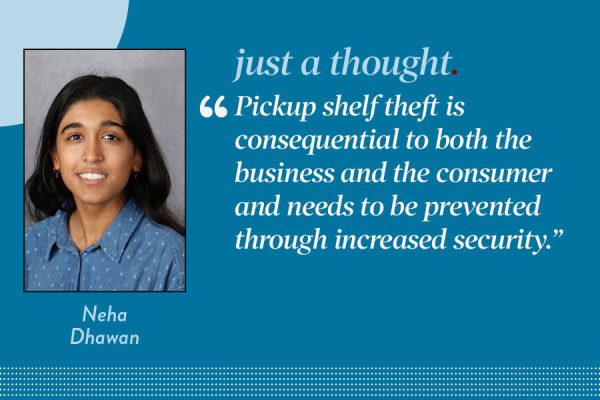
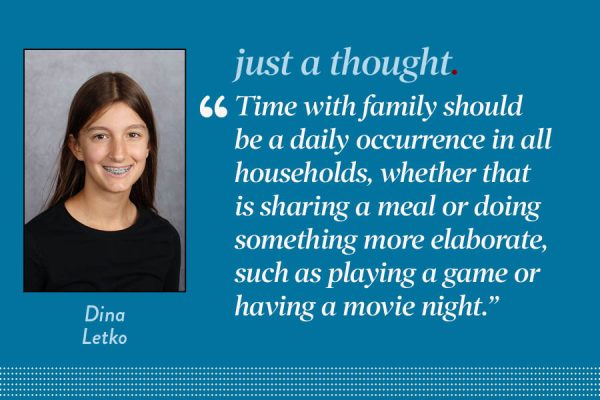
Luke • Aug 8, 2021 at 9:48 am
I love you An
Jacob • Jun 2, 2021 at 10:59 am
Great job raising awareness on a really important issue!!